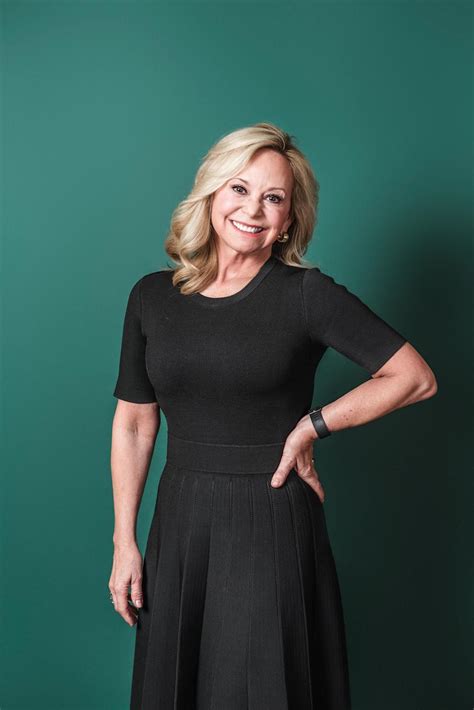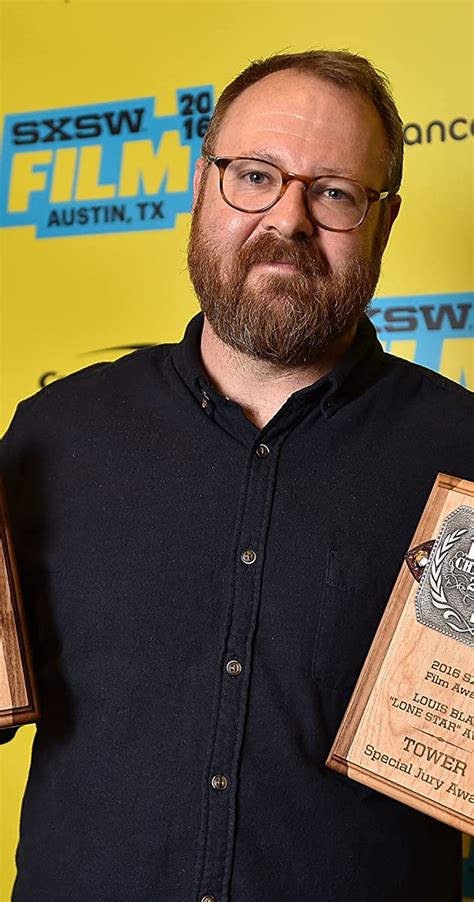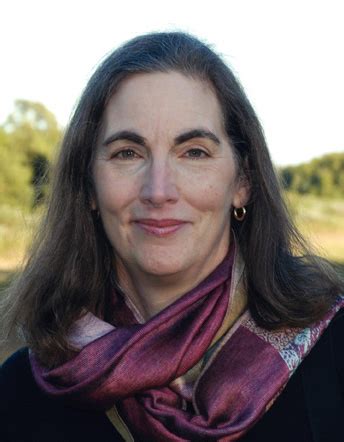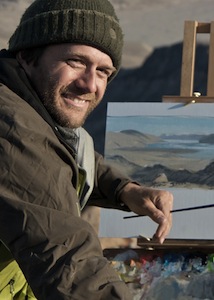A Quote by Joe Berlinger
I don`t know the facts surrounding Andrew Jarecki`s work. I think it`s a triumph of television. But it does raise troubling issues that I think we as a documentary community, you know, need to address.
Quote Topics
Related Quotes
I think being biracial is a different experience. I think that, and coming from the U.K., I feel as much white as I do black. And so it's really important for me to address these issues of identity in my work. But also, you know, we're always stronger when we work on, you know, what we have in common. And I love exploring that in my work.
I don't like realism. We already know the real facts about li[fe], most of the basic facts. I'm not interested in repeating what we already know. We know about sex, about violence, about murder, about war. All these things, by the time we're 18, we're up to here. From there on we need interpreters. We need poets. We need philosophers. We need theologians, who take the same basic facts and work with them and help us make do with those facts. Facts alone are not enough. It's interpretation.
Two parents can't raise a child any more than one. You need a whole community - everybody - to raise a child. And the little nuclear family is a paradigm that just doesn't work. It doesn't work for white people or for black people. Why are we hanging onto it, I don't know. It isolates people into little units - people need a larger unit.
I don't mind the homosexuality. I understand it. Nevertheless, goddamn, I don't think you glorify it on public television, homosexuality, even more than you glorify whores. We all know we have weaknesses. But, goddammit, what do you think that does to kids? You know what happened to the Greeks! Homosexuality destroyed them. Sure, Aristotle was a homo. We all know that. So was Socrates.
Writing can be such a lonely endeavor that I do think community is also important.Meeting at cafes and exchanging work and reading to each other and giving each other little bits of encouragement and feedback and thoughts, I think that's an incredibly rich experience because what it does is it gives you a sense of community but also purpose. If I know I'm going to meet you in a cafe next Tuesday, I'm going to write something that I can hand to you. Discipline is such a challenge for so many writers and so I think that that's a key benefit of being in a group.
I think the beauty of documentary work is that it's a mystery - you never know where it's going to lead you. You start out with some notion of it, but it's very different from a script. A script you write, you shoot against, and you know what the story is going to be. There's always the element of surprise, but the surprise comes from performance, from something that's improvised, it comes from someone who sees it inside an already determined framework. In documentary, it's never determined. It's never the same, and affords enormous possibility.
You don't have to give us your name and we don't ask for your email address. We don't know your birthday. We don't know your home address. We don't know where you work. We don't know your likes, what you search for on the internet or collect your GPS location. None of that data has ever been collected and stored by WhatsApp, and we really have no plans to change that.





































